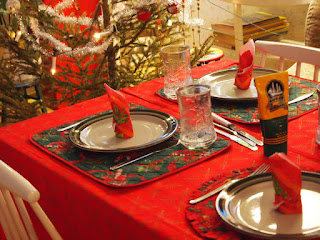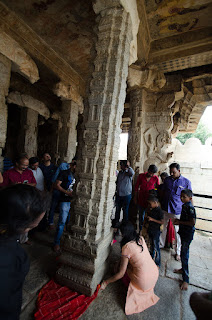The Art of Platter Decoration
At trendingadda, we understand the importance of creating a memorable dining experience.
One way to achieve this is through the art of platter decoration. Platter decoration not only enhances the visual appeal of a dish but also elevates its overall presentation, making it a feast for the eyes as well as the palate.
In this article, we will delve into the intricacies of platter decoration and provide you with expert tips and techniques to help you master this art form. Whether you're a professional chef or an aspiring home cook, these insights will empower you to create stunning platters that leave a lasting impression.
The Power of Platter Decoration
Platter decoration is more than just arranging food on a plate; it is an opportunity to showcase your creativity and passion for culinary artistry. A beautifully decorated platter can evoke feelings of anticipation, excitement, and delight in your guests. It sets the stage for a memorable dining experience and creates a visual impact that complements the flavors and textures of the dish.
Understanding the Elements
To create visually appealing platters, it is essential to understand the fundamental elements of platter decoration:
1. Color Palette
Just as a painter carefully selects colors for their canvas, you should consider the color palette when designing your platter. A harmonious blend of colors can make your dish visually striking. Choose colors that complement each other and create a balanced composition. Incorporate vibrant hues from fresh fruits, vegetables, and garnishes to add visual interest to your platter.
2. Texture and Height
Varying textures and heights can add dimension and depth to your platter. Combine crunchy elements with soft ones, smooth surfaces with rough ones, and tall elements with shorter ones. This interplay of textures and heights creates visual intrigue and engages your guests' senses.
3. Balance and Proportion
Achieving balance and proportion is crucial in platter decoration. Consider the size and shape of your ingredients and arrange them in a way that creates a visually pleasing composition. Ensure that no single element dominates the platter, and each component contributes to the overall harmony of the arrangement.
4. Garnishes and Accents
Garnishes and accents play a vital role in platter decoration. Fresh herbs, edible flowers, citrus zest, or carefully placed sauces can enhance the visual appeal of your dish. They provide a finishing touch and add a burst of flavor that complements the main ingredients.
Techniques for Stunning Platter Decoration
Now that we have explored the fundamental elements, let's dive into some techniques that will help you create stunning platter decorations:
1. Focal Point Placement
Every platter should have a focal point—an element that immediately catches the eye. Place the main ingredient or the most visually appealing component in a prominent position. This draws attention and creates a sense of anticipation.
2. Symmetry and Asymmetry
Experiment with both symmetrical and asymmetrical arrangements to create visual interest. Symmetry lends a sense of elegance and order, while asymmetry adds a touch of excitement and spontaneity. Play with different patterns and shapes to find the perfect balance for your platter.
3. Layering and Stacking
Layering ingredients can add depth and complexity to your platter. Arrange ingredients in overlapping layers or stack them strategically to create a visually captivating presentation. This technique works particularly well with ingredients of varying colors, textures, and shapes.
4. Negative Space
Don't forget the power of negative space. Leaving some empty areas on the platter can enhance the overall visual impact and make the other elements stand out. Negative space creates a sense of balance and prevents the arrangement from looking overcro




Comments
Post a Comment